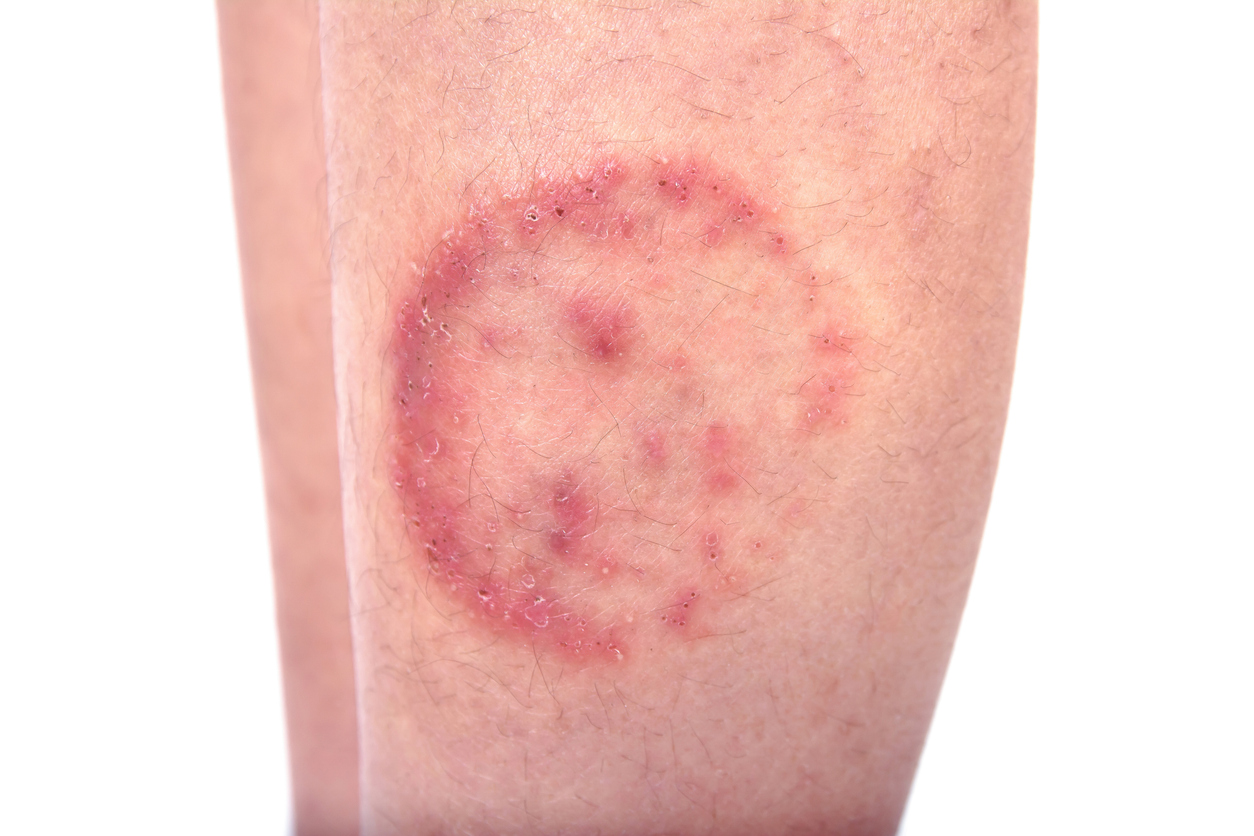
Primary Zika virus (ZIKV) infection raised the risk of disease caused by the dengue virus (DENV) 3 serotype and DENV4—but not DENV1—in a cohort of Nicaraguan children, a finding that held true for those infected with DENV before ZIKV but not for those infected with ZIKV before DENV, according to a new study in Science Translational Medicine.
Scientists at the Sustainable Sciences Institute in Managua, Nicaragua, and their US colleagues assessed how previous DENV and ZIKV immunity influences the risk of severe dengue among 3,412 participants in 2022, when all four DENV serotypes circulated in the country. The team analyzed longitudinal clinical and serologic data to define infection histories and used models and repeat measurements to predict risk.
"Infection with any of the four dengue virus serotypes (DENV1–4) can protect against or enhance subsequent dengue depending on preexisting antibodies and infecting serotype," the study authors wrote. "Additionally, primary infection with the related flavivirus Zika virus (ZIKV) is associated with increased risk of DENV2 disease."
ZIKV and DENV are orthoflaviviruses, a genus that also includes viruses such as those that cause West Nile disease, tickborne encephalitis, and yellow fever.
Consideration of cross-reactivity in testing vaccines
Of the 3,412 children, 10.6% contracted dengue caused by the DENV1 serotype (139 patients), DENV4 (133), DENV3 (54), DENV2 (9), or an undetermined serotype (39).
We thus find that prior ZIKV infection, like prior DENV infection, is associated with increased risk of disease with certain DENV serotypes.
Compared with no previous infection with an orthoflavirus, primary ZIKV infection was tied to an increased risk of DENV4 (relative risk [RR], 2.62) and DENV3 (RR, 2.90) disease but not DENV1. Primary DENV infection or DENV followed by ZIKV infection was also linked to an elevated risk of DENV4 infection.
By reanalyzing 19 years of cohort data, the team showed that previous orthoflavivirus immunity and antibody concentration had distinct ties to infection risk, depending on infecting serotype. "We thus find that prior ZIKV infection, like prior DENV infection, is associated with increased risk of disease with certain DENV serotypes," the researchers concluded. "Cross-reactivity among flaviviruses should be considered when assessing vaccine safety and efficacy."

.jpg)











